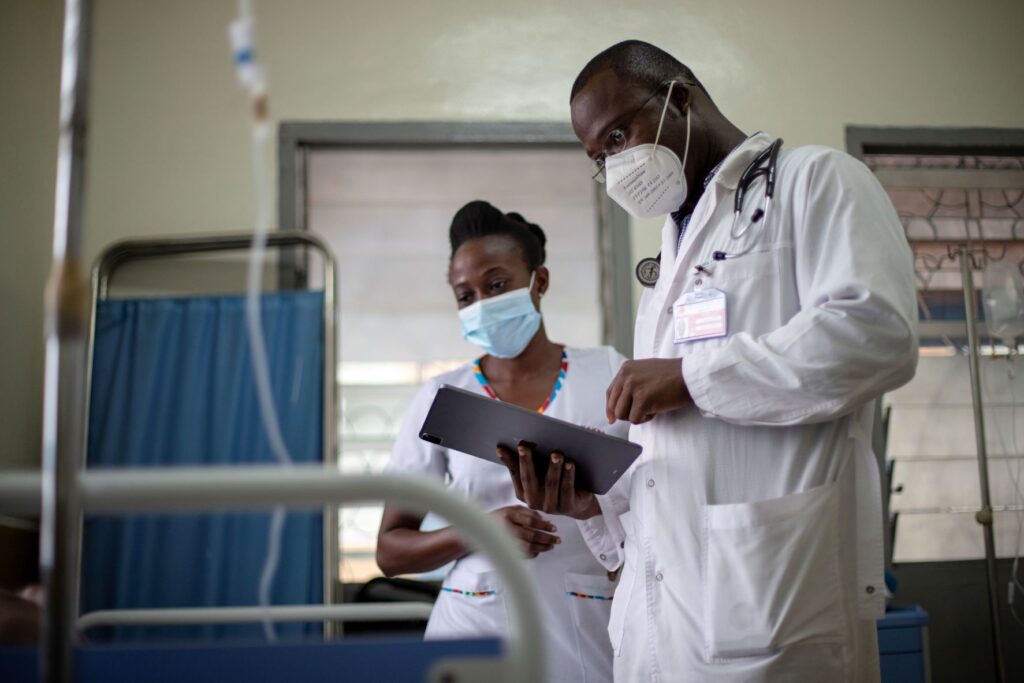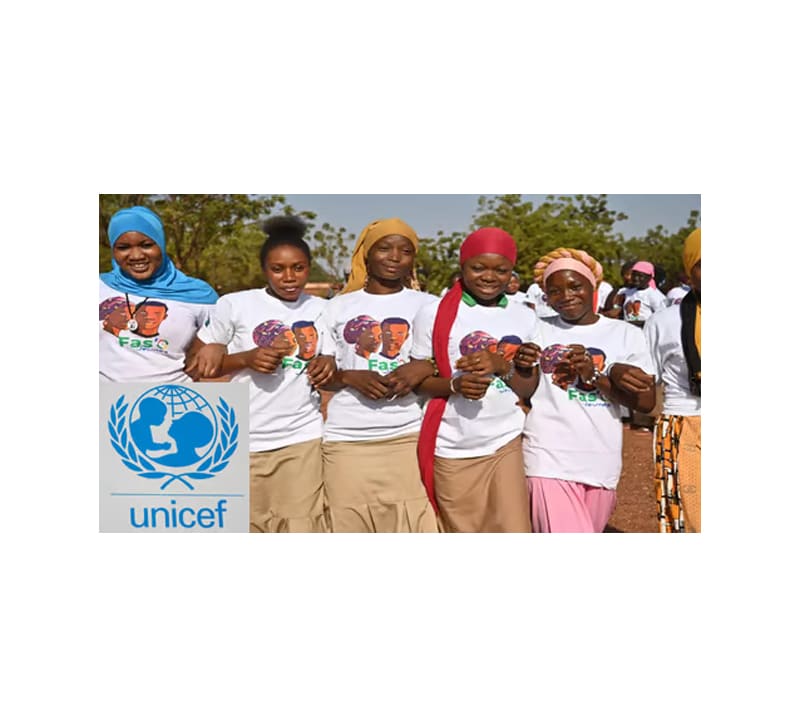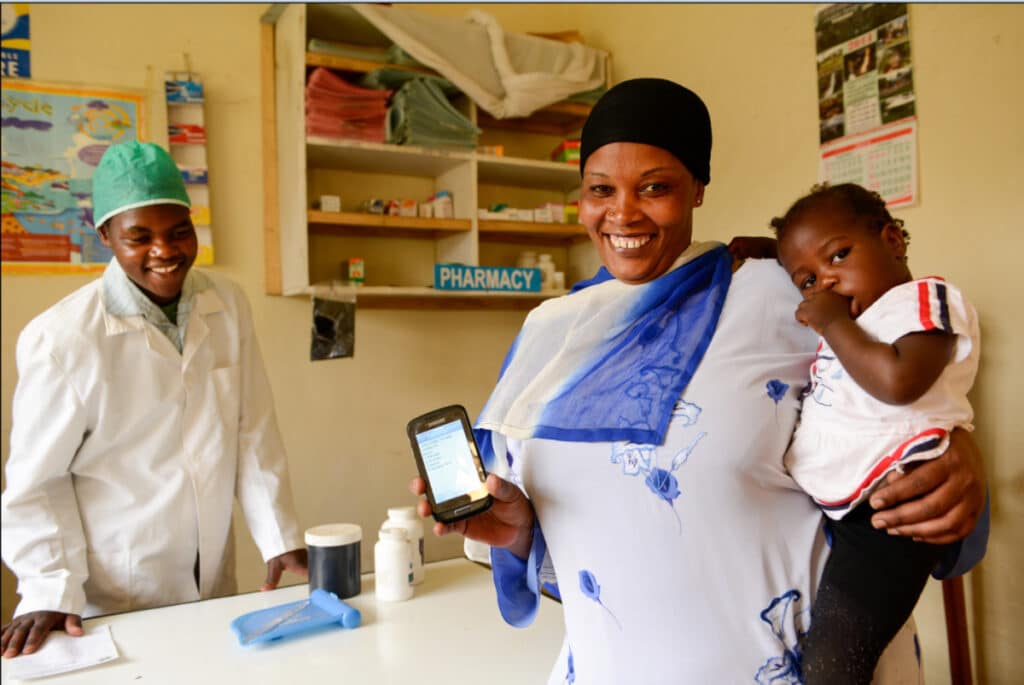https://www.who.int/activities/empowering-health-care-providers-to-prevent-female-genital-mutilation
Healthcare providers play a crucial role in preventing and responding to female genital mutilation (FGM), utilizing a multi-faceted approach that encompasses training, advocacy, and the provision of culturally sensitive care. As frontline professionals, they are uniquely positioned to identify at-risk individuals, provide support to survivors, and advocate for the eradication of this harmful practice.

First and foremost, healthcare providers require specialized training to recognize the signs of FGM, understand its physical and psychological consequences, and effectively communicate with patients and communities. Training programs equip providers with the knowledge and skills needed to address FGM in a sensitive and non-judgmental manner, ensuring that survivors receive appropriate care and support.

Furthermore, healthcare providers play a vital role in advocating for the prevention of FGM at both the individual and community levels. Through community outreach, education campaigns, and collaboration with local organizations, providers raise awareness about the harmful effects of FGM and promote alternative rites of passage that uphold the rights and dignity of women and girls.

Moreover, healthcare providers have a responsibility to provide culturally sensitive care to FGM survivors, considering their unique cultural backgrounds, beliefs, and experiences. This includes offering trauma-informed care, respecting survivors’ autonomy and choices, and ensuring access to language interpretation services when needed.

Additionally, healthcare providers serve as key partners in efforts to address the root causes of FGM and promote gender equality and women’s rights. By advocating for policy reforms, supporting legislation to prohibit FGM, and collaborating with government agencies and non-governmental organizations, providers contribute to broader initiatives aimed at ending the practice once and for all.
In conclusion, the role of healthcare providers in preventing and responding to FGM is essential for promoting the health, well-being, and rights of women and girls worldwide. Through training, advocacy, and the provision of culturally sensitive care, providers can make a meaningful impact in the fight against FGM, helping to create a future where every individual can live free from the physical and psychological harm caused by this harmful practice.




